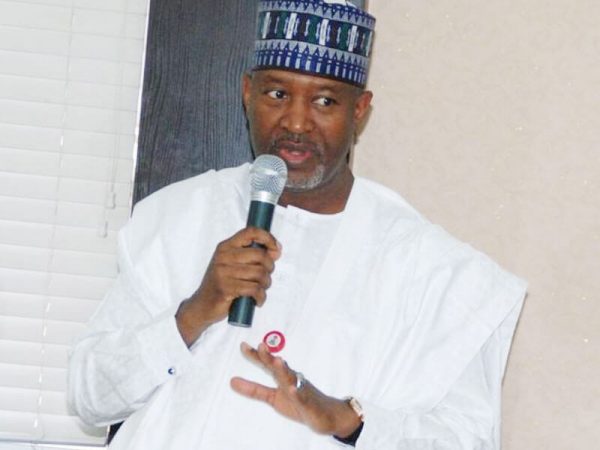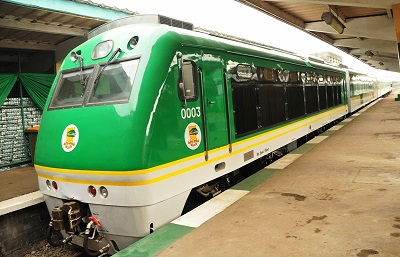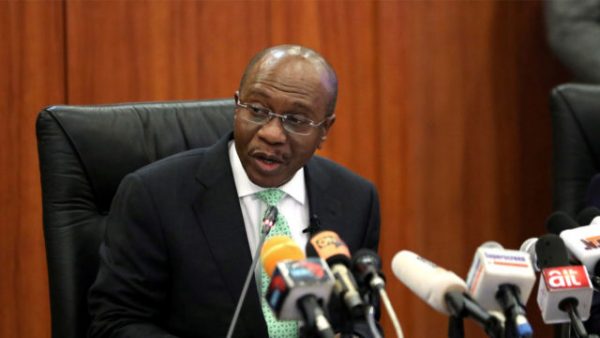Capital Importation Rises by 147.5% in Q3 on Soaring Investor Confidence
With attractive yields on treasury bills proving to be a major magnate, the total value of capital imported into the country in the third quarter (Q3) of 2017 more than doubled, rising by 147.5 per cent year-on-year to $4.145 billion on growing appetite by portfolio investors in Nigerian securities.
The value of capital importation stood at $1.8 billion in the second quarter of 2017.
According to the Nigerian Capital Importation (Q3 2017) report released monday by the National Bureau of Statistics (NBS), capital importation in Q3 recorded a substantial increase compared to the past few quarters, as the economy continued to recover from the recession.
The Nigerian economy grew by 1.4 per cent in the third quarter of this year, effectively doubling the revised growth rate of 0.72 per cent recorded in the second quarter.
But the latest capital importation report showed that the inflow of capital in Q3 2017 was the first time since the beginning of 2015 that foreign inflows from investors exceeded $4 billion in a quarter.
“The boom in capital importation in Q3 2017 was mainly driven by significant growth in both portfolio investment and other investment,” the report explained.
Portfolio investment, which was put at $2.767 billion in the third quarter of 2017, remained the largest component of capital importation and contributed to 67 per cent of the total amount.
This component expanded faster with a year-on- year growth of 200.7 per cent, said the NBS.
Foreign direct investment (FDI) was put at $117.6 million, signifying a drop of 65.5 per cent year-on-year while other investment increased by 124.55 per cent compared to Q3 2016.
“Although other investment in 2017 Q3 more than doubled the value in the third quarter of 2016 from $516.2 million to $1.260 billion, it remained about 30 per cent of the total capital importation.
“The total amount of FDI during the quarter was recorded at $117.6 million, which declined by 57.14%, compared to the previous quarter and 65.48% compared to 2016 Q3 due to the fall both in the form of equity and other capital investment.
“This category of capital investment showed a surprising decrease in value when both portfolio investments and other investments grew strongly over the third quarter.
“Capital import in the form of equity recorded $117.5 million and remained the majority of total FDI in the third quarter of 2017 while other capital fell from $0.3 million to $0.13 million from the second to the third quarter,” the report added.
It stated that the boom in portfolio investments was driven by the strong growth of equities and bonds and “a dramatic capital investment increase in the form of money market instruments”.
It also showed that in the third quarter of 2017, services became the leading sector that attracted the largest value of capital investment. According to the report, during the quarter, 41.9 per cent of foreign capital was invested in the services sectors while only 16.07 per cent of the $4.145 billion flowed to the oil and gas sector.
“Capital investment to the oil and gas sector dropped from $190.39 in the second quarter of 2017 to only $16.07 in the third quarter while capital flow to the services sectors grew by 303.24 per cent quarter-on-quarter and 1,505.95 per cent year-on-year.
“Capital investments in the ICT, agricultural and drilling sectors also increased strongly compared to the same quarter last year. However, the absolute values to these sectors remained small,” the NBS report added.
The report showed that Lagos State attracted the most foreign capital in the third quarter of 2017. The state accounted for most of the capital imported into the country ($3.297 billion in Q3).
The figure, however, dropped from 97.07 per cent in the second quarter to 79.54 per cent in the third quarter.
“This was because capital flow to Abuja (FCT) increased even faster and other states including Akwa Ibom, Edo, Ogun which also started attracting foreign capital investments.
“The country from which Nigeria imported the most capital was the United Kingdom, which accounted for $1.736 billion, or 41.89 per cent of total capital inflow in 2017 Q3.
“This value represented a 149.26 per cent increase in capital importation relative to the figure in the previous quarter, and a 58.22 per cent growth over the same period last year.
“The country that accounted for the second largest value of capital importation was the United States. The U.S. accounted for $962.1 million in the third quarter of 2017, or 23.21 per cent.
“The U.S. has also been one of the most important investors in Nigeria, usually either the largest or second largest investor country.
“The next two largest investors in the third quarter of 2017 were Tanzania (accounting for 7.61%) and Mauritius (5.53%),” the report revealed.
Capital is imported through financial institutions into the country.
In the third quarter of 2017, the bank through which the highest share of capital was imported was Standard Chartered Bank (SCB), accounting for 25.49 per cent ($1.666 billion) of the total share, up from the 18.7 per cent of the total share in the second quarter of the year.
SCB was followed by Access Bank, which accounted for 16.62 per cent of the total share or $459.4 million of capital importation, growing from 2.65 per cent of the total share recorded in the second quarter of the year.
The top four banks—SCB, Access Bank, Ecobank Nigeria and Zenith Bank – received over 67 per cent of capital importation in the third quarter.
Copyright MMS Plus.
All rights reserved. This material, and other digital content on this website, may not be reproduced, published, broadcast, rewritten or redistributed in whole or in part without prior express written permission from KINGS COMMUNICATIONS LIMITED.








